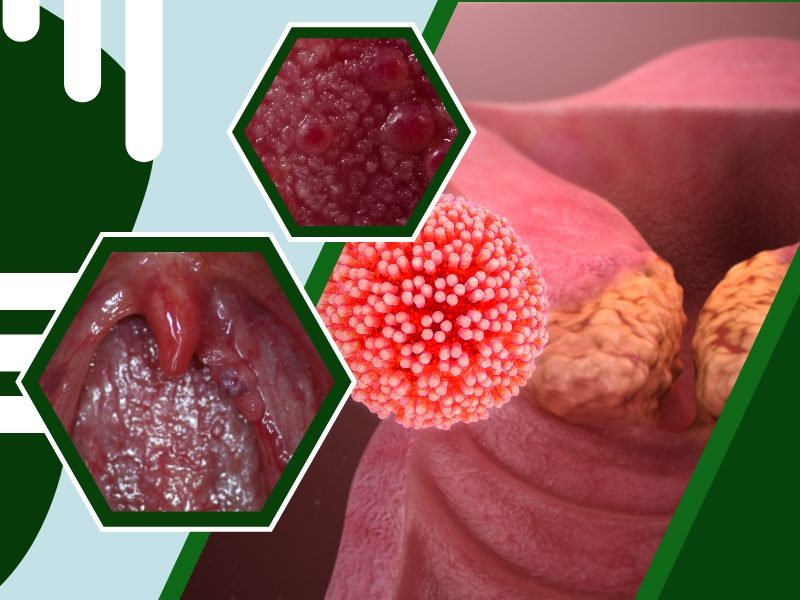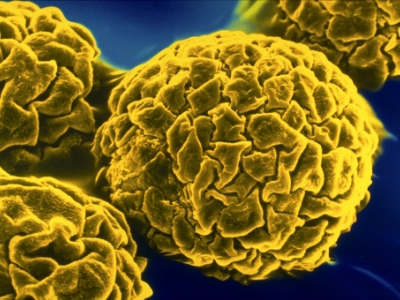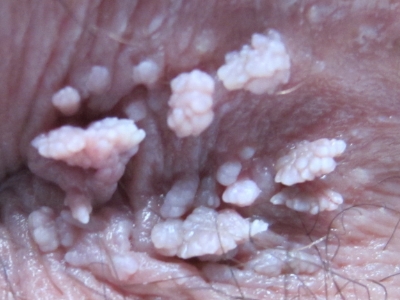Treatment for HPV Infection

What is HPV Infection?
HPV Infection is a viral infection that causes skin or mucous membrane growths. There are more than 100 varieties of human papillomavirus (HPV). Some types of infection cause warts and others might cause certain types of cancer.

What causes HPV Infection?
HPV is transmitted to your body through a cut, abrasion, or small tear in your skin. It is mainly transmitted through direct skin contact. HPV infections in the genital region can be contracted through sexual activity, anal sex, and another skin-to-skin contact. In some cases, HPV infections resulting in oral or upper respiratory lesions can be contracted through oral sex.
Your baby may get an infection if you have an HPV infection with genital warts while you are pregnant. A noncancerous growth in the baby’s voice box (larynx) may be caused by the infection.
What are the symptoms of HPV Infection?
In most cases, your body’s immune system defeats an HPV infection before it creates warts. When warts do appear, they vary in appearance depending on which kind of HPV is involved:

- Plantar warts: These are hard, grainy growths that usually appear on the heels or balls of your feet.
- Flat warts: These are flat-topped, slightly raised lesions. Flat wars can appear anywhere, but children usually get them on the face and men in the beard area.
- Genital warts: These might appear as flat lesions or tiny stem-like protrusions. In women, genital warts appear mostly on the vulva. In men, genital warts appear on the penis and scrotum or around the anus.
- Common warts: These might appear as rough, raised bumps and usually occur on the hands and fingers.
Who is at risk of having HPV Infection?
Risk factors for HPV infection include:
- Common warts occur mostly in children. Genital warts occur most often in adolescents and young adults.
- The more sexual partners you have, the more likely you are to contract a genital HPV infection.
- Touching someone’s warts or not wearing protection before contacting surfaces that have been exposed to HPV might increase your risk of HPV infection.
- Areas of skin that have been punctured or opened are more prone to develop common warts.
- People who have weakened immune systems are at greater risk of HPV infections.
Treatment for HPV Infection
Medications to reduce the infection are usually applied directly to the lesion and usually take many applications before they are successful. Examples include:
- Imiquimod – This prescription cream might enhance the ability of your immune system to fight HPV. Imiquimod is in a class of medications called immune response modifiers. It treats genital and anal warts by increasing the activity of the body’s immune system.



